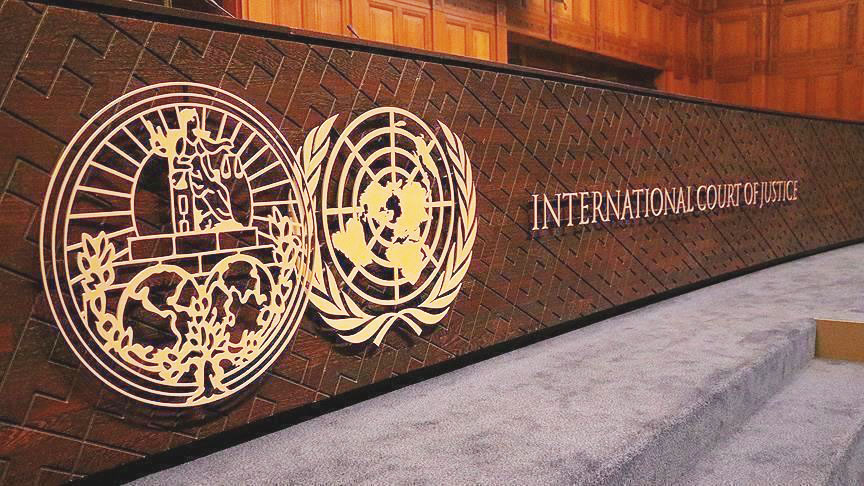Following submissions by both Guyana and Venezuela, the International Court of Justice (ICJ) is expected to set timelines for submissions related to the border controversy being heard in The Hague, Netherlands.
At just about 10 am on Friday the two parties met virtually with ICJ President Joan E. Donoghue who is expected to consult with the other justices before rendering a decision on the timelines possibly within a week.
“Guyana requested a certain amount of time to prepare its submission and Venezuela asked for twice as much time,” Guyana’s Agent to the Court, Carl Greenidge told Stabroek News in an invited comment.
Asked if the Bolivarian Republic has accepted the Court’s jurisdiction and agreed to participate in the case, Greenidge referred this paper to a statement by Vice President Delcy Rodríguez.
Speaking on behalf of her government Rodriguez informed the Court that Venezuela’s participation in the case management meeting was “as a courtesy, not as a party in this procedure.”
Venezuela reiterated its historical position of non-recognition of the jurisdiction of the Court to hear the territorial controversy and highlighted the validity of the 1966 Geneva Agreement to reach a practical and mutually satisfactory settlement for the parties, through friendly negotiations.
Despite the recent ruling of the ICJ – also known as the World Court – that it has jurisdiction to hear the case, Venezuela reiterated that there is no basis of jurisdiction for this case since it has never given its consent.
According to Venezuela, Guyana approaching the ICJ “damages the meaning, purpose and reason of the Geneva Agreement.”
Further, according to Venezuela the matter is being pursued with “unjustified haste” when the world is currently facing “the most serious pandemic in more than a century.”
For Greenidge, Venezuela’s arguments are circular in nature.
“They agree to resolve the problem by adhering to the Geneva Agreement and then they interpret that agreement to mean the solution must be amicable and agreeable to Venezuela. The Geneva Agreement granted the Secretary General the power to choose the Court and he has chosen the Court you can’t now want to go beyond the ICJ,” he explained.
This position has so far been supported by the Court which concluded on December 18 that not only could it determine the validity of the 1899 Arbitral Award on the frontier between Guyana and Venezuela but that it could address the related question of the definitive settlement of the land boundary controversy between the two territories.
The decision, which was delivered by the President of the ICJ, Judge Abdulqawi Ahmed Yusuf, is based on the text, the object and purpose of the February 17th 1966 Geneva Agreement, which aimed to address the controversy over the award, as well as the circumstances surrounding the agreement’s conclusion.
Specifically, the Court, by a majority of 12 votes to four, found that “by conferring on the Secretary-General [via the Geneva Agreement] the authority to choose the appropriate means of settlement of their controversy, including the possibility of recourse to judicial settlement by the International Court of Justice, Guyana and Venezuela consented to its jurisdiction.”






